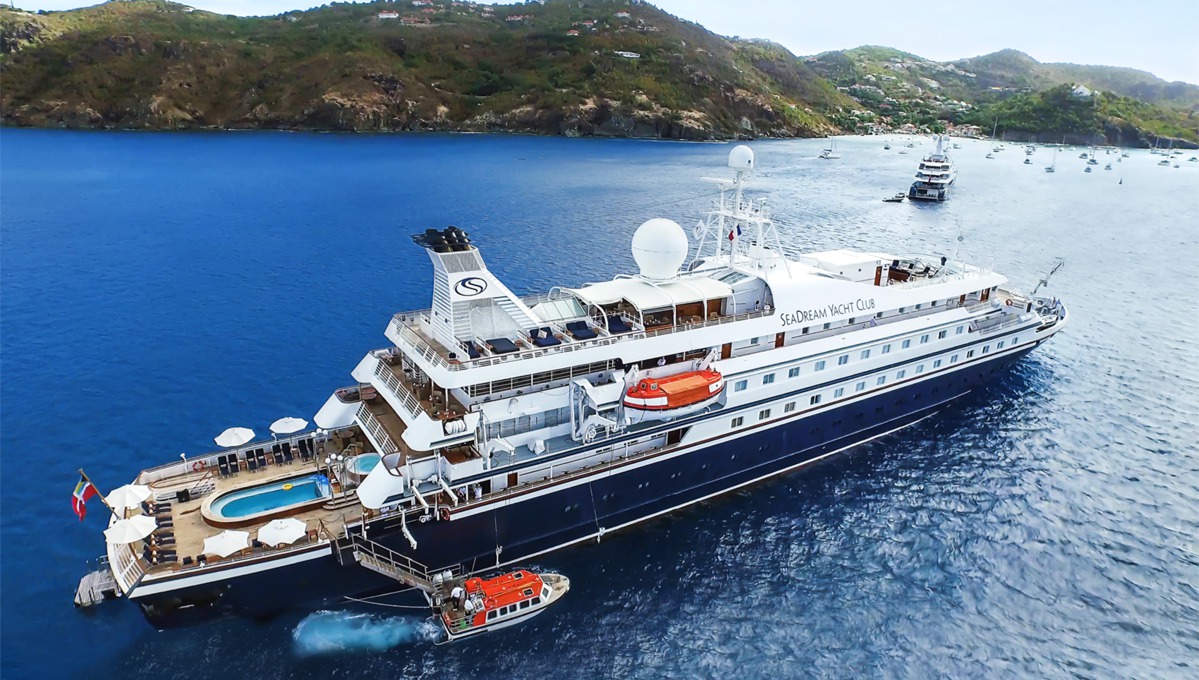Our premise is that a small company is all about proper conversations rather than sales opportunities. A caring enthusiasm, and an obsession with detail, all rooted in the ethos of taking things personally, characterise the very best small company experiences. We know that our staff take things to heart, looking after our clients as if they were family, and we expect the companies we deal with to feel the same way.
We also love the fact that small ships, whether or not they are owned by small companies, also take on that caring and personal mantle, making for some of the very best travel experiences you can get. In cruise terms, 'small' is something of a moveable feast! Only ten years ago, a ship carrying 1,000 passengers was considered to be quite large. Nowadays, it falls firmly into at least the 'medium sized' category, but with more and more vessels joining the world fleet with capacities of three or four thousand or more, even 'medium sized' seems like something of a misnomer.
But 'small' is also unclear, when you can have vessels ranging from hotel barges carrying 12-20 people, to little cruise ships such as Hebridean Princess (50), expedition ships and luxury yachts around the 100 person mark, ships with sails carrying as many as 342 (Wind Surf), the Silversea classic fleet ranging from Silver Wind (298) to Silver Muse (596), and Seabourn's latest builds increasing in size from 450 to 600 guest capacities.

So what is it about a small or relatively small ship which is so appealing? Well, first of all a smaller ship can offer close-up and unusual itineraries. They don't have to stick to the out of town container ports, but can come into ancient harbours, and anchor in pretty bays. Disembarkation is easy and speedy, whether you are alongside or coming ashore by tender - and sightseeing tends to be on the spot rather than a long coach journey away.
Many of the smaller ships boast marinas for watersports from the back of the ship, or the opportunity to set forth and explore by zodiac where there is no infrastructure. And such ships also tend to specialise in al fresco treats - dining under the stars or moonlit movies for example, or, during the day, special beach parties and lavish barbecues. On shore excursions, numbers are limited, and everyone can hear the guide, who tailors the pace to the interests of an intimate group.

The sociability of a small ship comes from the fact that faces quickly become familiar, and names are learnt as if by osmosis, enabling people to jump the rather stilted 'who are you and where do you come from?' questions and move straight to 'what a fantastic day we had, how about you?'
Above all, though, we move back to that very personal touch we were talking about to begin with - high numbers of crew per passenger mean that each guest enjoys a high level of attention, and finds their name remembered and their preferences known right from day one. And if you think that doesn't matter to you, tell me that when your favourite Hendricks and tonic arrives at your table the minute you sit down!






